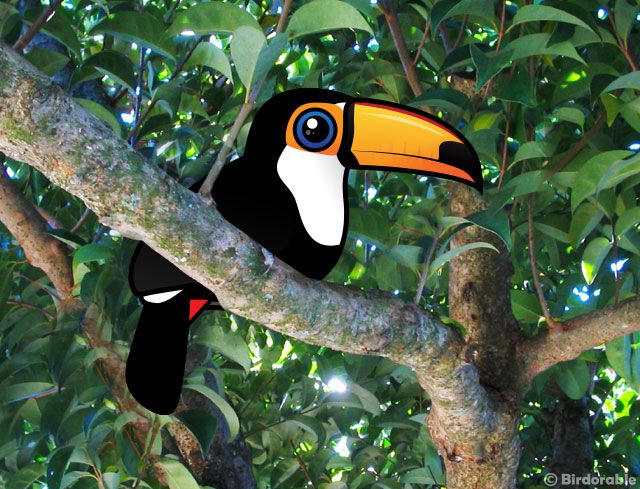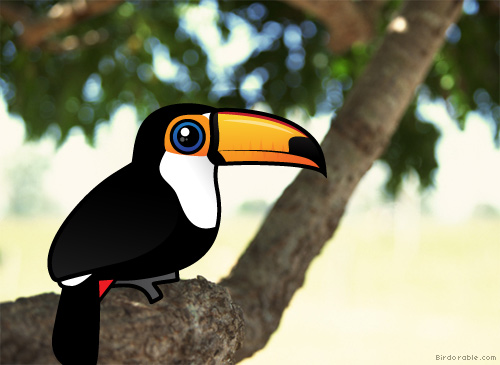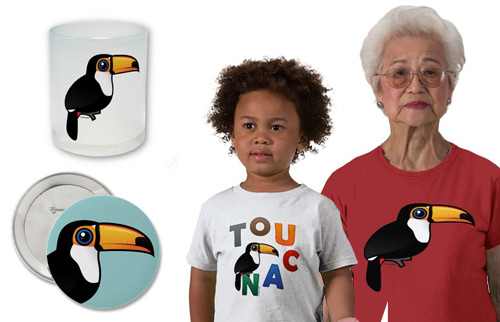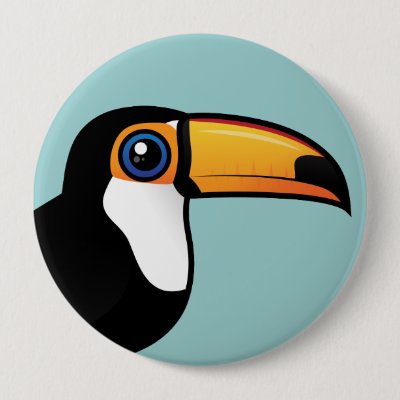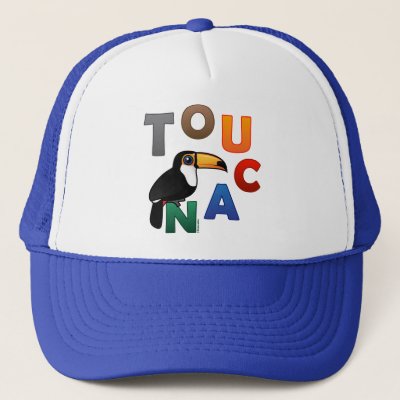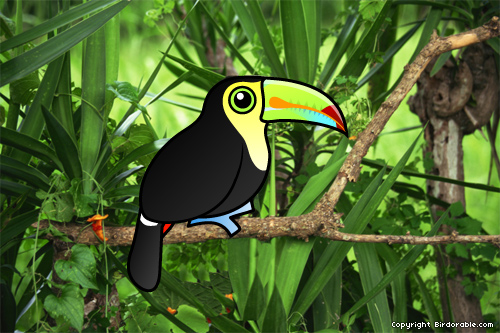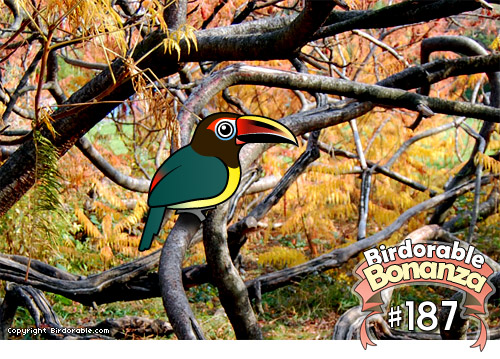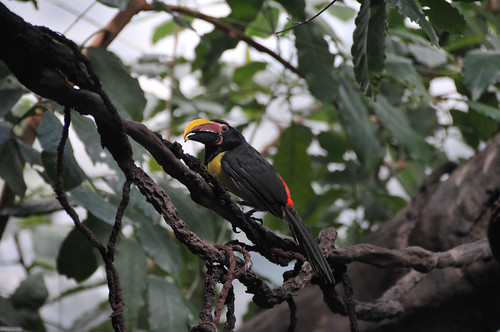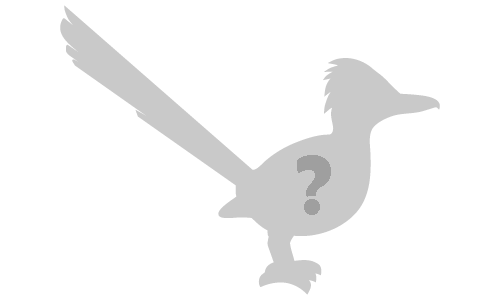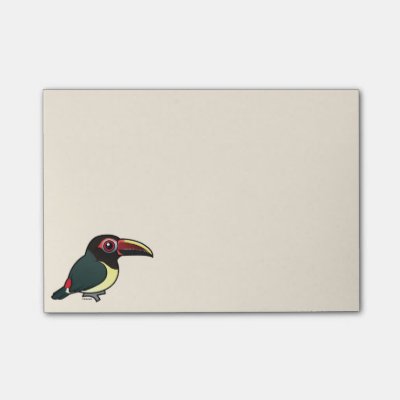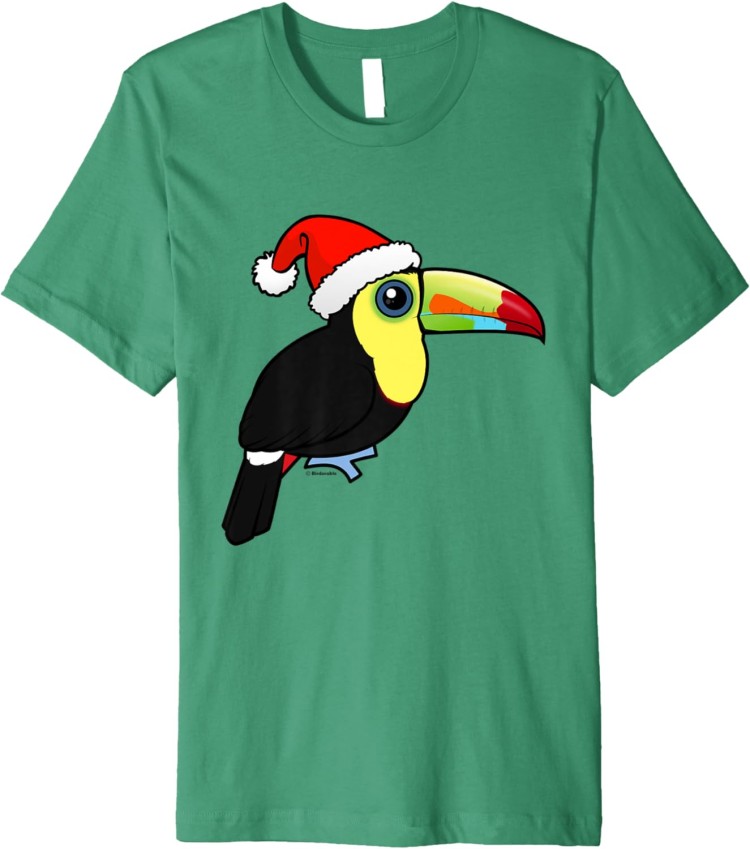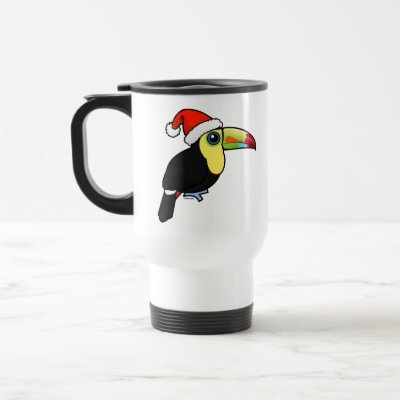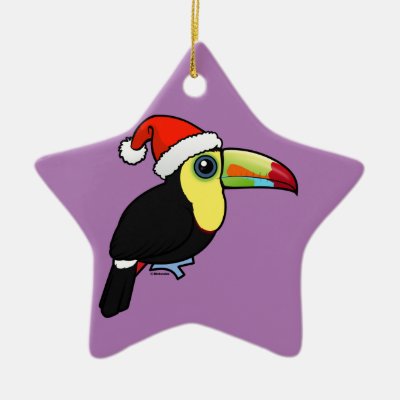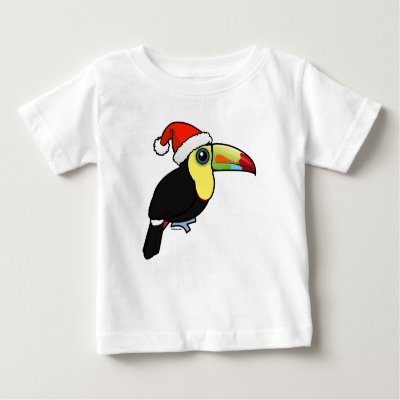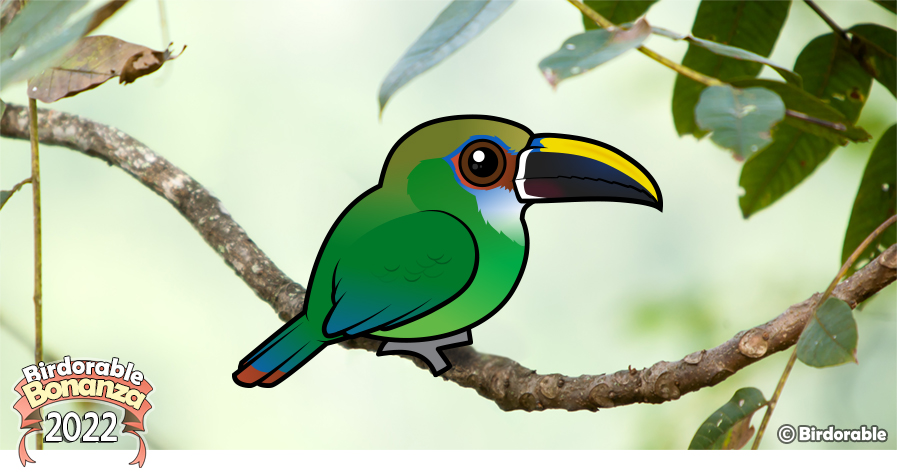
The Northern Emerald Toucanet, a small species of toucan, is the latest addition to our Birdorable collection. This charming bird is a vibrant splash of color in the mountain forests where it resides, stretching across parts of Mexico and Central America.
Despite their small stature, Northern Emerald Toucanets are easily identifiable thanks to their striking appearance. Both males and females share a similar look, characterized by a vivid green body plumage that beautifully blends with their lush forest habitat. Adding to their distinctive appearance is their relatively large bill, a beautiful combination of yellow and black, which is not only a visual highlight but also an essential tool for their diet and lifestyle.
These toucans are known for their versatility in feeding. They use their uniquely shaped bills to pluck and eat a variety of fruits, which forms a major part of their diet. However, they are not strict vegetarians; their diet also includes insects, small reptiles, and bird eggs, making them opportunistic feeders.
The Northern Emerald Toucanet's habitat in mountain forests is crucial for their survival, as it provides both food and shelter. These birds are often found in higher altitude regions, where they thrive in the cooler, moist environments of the cloud forests.
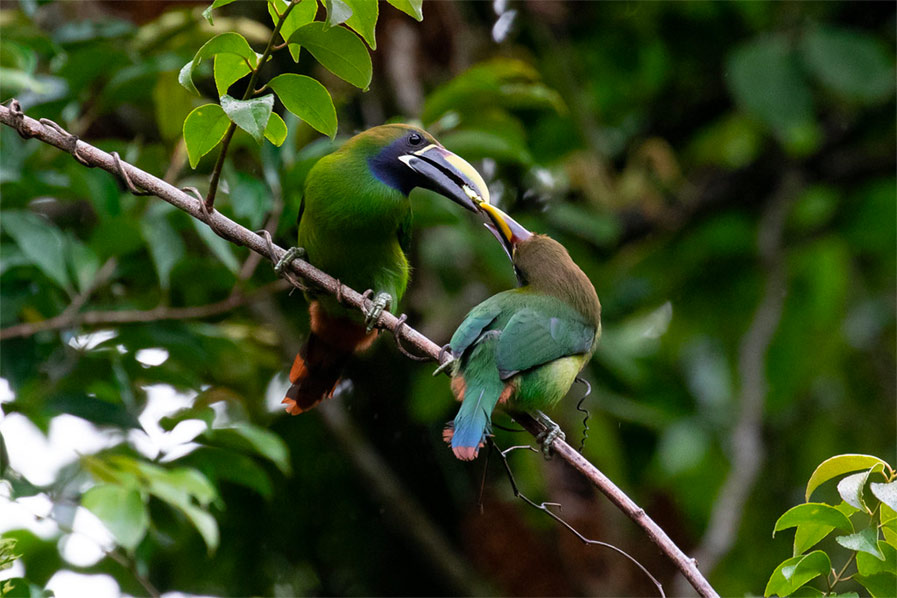
Find our Northern Emerald Toucanet on a variety of apparel and gift options on Amazon, including this Birdorable Northern Emerald Toucanet Pullover Hoodie.
Tomorrow's new Birdorable is a species in the Psittacidae family. It is named for the color of its head, and lives in the Amazon basin. Do you know the species?



